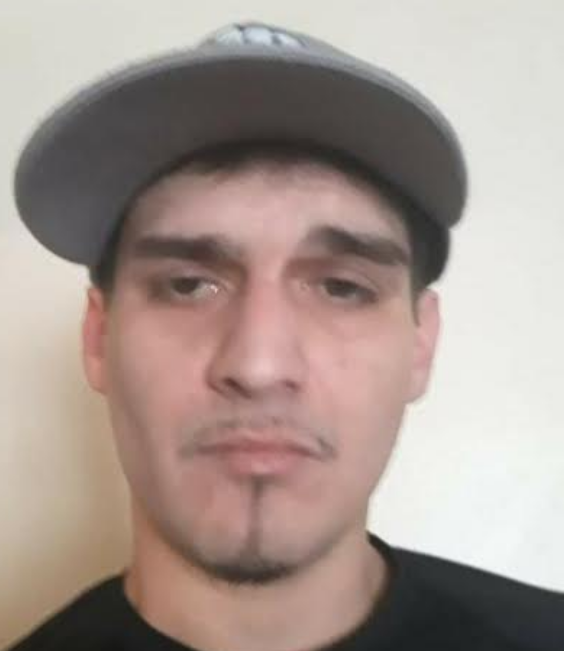LAC DU FLAMBEAU INDIAN RESERVATION — A 35-year-old man has gone missing from the Chequamegon National Forest, near the Lac du Flambeau Indian Reservation in northern Wisconsin.

The Lac du Flambeau Tribal Police Department is seeking the assistance of the public to locate John C. Kronquist Sr., who was reported missing on Nov. 14, 2020.
Kronquist is a 35-year-old Native American male, 6-foot-2, 180 pounds, with short dark brown hair and brown eyes.
He was last seen during the early morning hours of Saturday, Nov. 14, 2020, near the intersection of Chequamegon Forest Trail and Island Club Lane, in the Chequamegon National Forest, near Lac du Flambeau.
Kronquist was driving a four-door silver/gray 2016 Chevrolet Impala. The vehicle has miscellaneous dents and damage, including a damaged windshield and a damaged front passenger side bumper. Additionally, the right taillight is damaged and covered in red and yellow tape. The vehicle bears Wisconsin plate no. AEJ7557. The vehicle has not been recovered.
This matter is under active, priority investigation by the Lac du Flambeau Tribal Police Department, as officers continue to search and follow up on all leads.
Anyone who may have information regarding the whereabouts of John C. Kronquist Sr. is asked to contact the Lac du Flambeau Tribal Police Department at 715-588-7717.
More Stories Like This
Native News Weekly (August 25, 2024): D.C. BriefsDeb Haaland Earns Endorsement From Communications Workers of America Local 7076
University Soccer Standout Leads by Example
Two Native Americans Named to Democratic Congressional Campaign Committee's“Red to Blue” Program
Cheyenne River Youth Project Hosts Young Women’s Winter Camp as Part of Lakota Culture Internship
Help us defend tribal sovereignty.
At Native News Online, our mission is rooted in telling the stories that strengthen sovereignty and uplift Indigenous voices — not just at year’s end, but every single day.
Because of your generosity last year, we were able to keep our reporters on the ground in tribal communities, at national gatherings and in the halls of Congress — covering the issues that matter most to Indian Country: sovereignty, culture, education, health and economic opportunity.
That support sustained us through a tough year in 2025. Now, as we look to the year ahead, we need your help right now to ensure warrior journalism remains strong — reporting that defends tribal sovereignty, amplifies Native truth, and holds power accountable.
 The stakes couldn't be higher. Your support keeps Native voices heard, Native stories told and Native sovereignty defended.
The stakes couldn't be higher. Your support keeps Native voices heard, Native stories told and Native sovereignty defended.
Stand with Warrior Journalism today.
Levi Rickert (Potawatomi), Editor & Publisher

